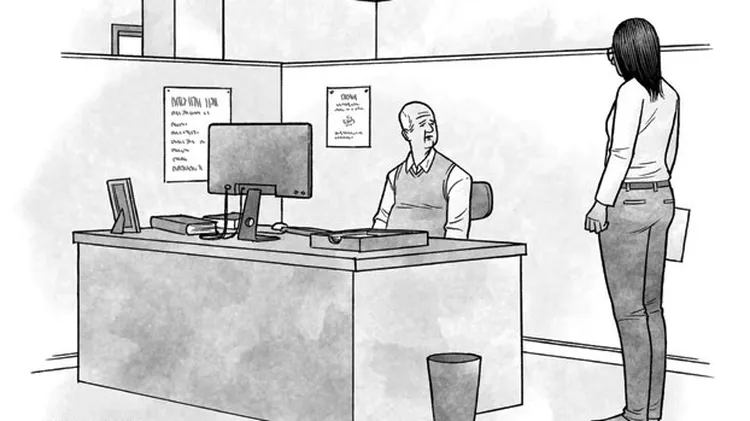The defensive culture of public bodies must change to avoid
A horrifying and avoidable scandal
2 min read
This article is from...
Read this article and 8000+ more magazines and newspapers on Readly






